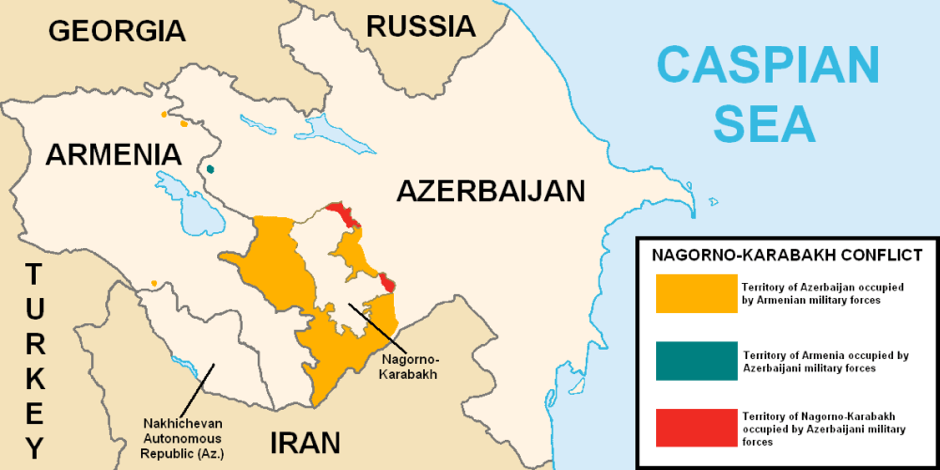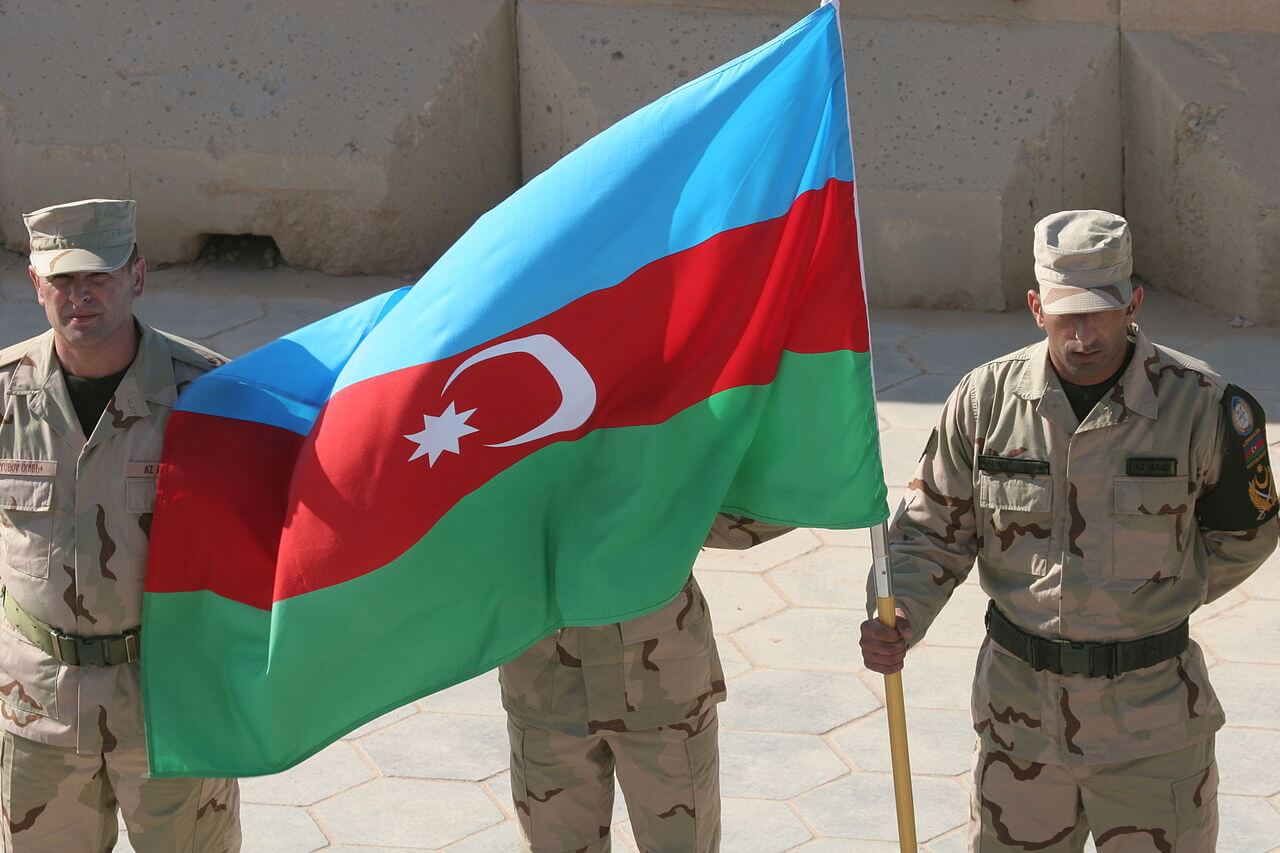At least 16 people have been killed in violent border clashes between Armenia and Azerbaijan, which began on Sunday, including an Azerbaijani military general.
The neighbours in the South Caucasus have been engaged in constant conflict over the disputed Nagorno-Karabakh region since the fall of the Soviet Union. The war between ethnic Armenians and ethnic Azerbaijanis in the disputed territory lasted till around 1994, with both Baku and Yerevan continuing to hold claims over it. The situation worsened in the early 90s when the Autonomous Oblast of Nagorno-Karabakh voted to join Armenia, increasing violence and displacing thousands by 1992. The violence was contained by a Russia-mediated ceasefire in 1994. After this, the independent enclave of Nagorno-Karabakh held a public referendum—that was boycotted by Azerbaijan—in which the people chose to be independent rather than joining either country.
However, this has not deterred Azerbaijani and Armenian forces from engaging in frequent clashes at the bordering region, with the conflict reigniting in what is now known as the 2016 Four-Day War. In 2018, armed forces of both countries engaged in another violent clash at Gyunnut. In the same year, the Armenian Velvet Revolution led to the rise of President Nikol Pashinyan, for whom the restoration of “occupied Azerbaijani territories” is of utmost importance. 
In March 2020, the Azerbaijani Defence Ministry announced that Armenian forces had violated the 1994 agreement 30 times in the span of just 24 hours. In the same month, the United States halted funding for the removal of land mines in Nagorno-Karabakh, the largest American-aided programme in the region. The programme, which was heavily supported by Armenians and was an irritant for the Azerbaijanis, was defunded to redirect resources to issues of ‘higher priority’. Other international mediation efforts have also stalled. Yerevan is yet to implement four United Nations Security Council Resolutions on the withdrawal of armed forces from the contested region as well.
Officials from both sides have blamed one another for beginning the violent attacks and sporadic shelling this week. Pashinyan accused Baku of provoking the violence, warning that Azerbaijan would “bear responsibility” for the deadly consequences of the attacks. On the other hand, Azerbaijan’s President Ilhan Aliyev deemed the clashes as Armenian provocations, promising to protect his country’s territory.
The US and Russia have condemned the clashes and urgently called for restraint from both sides. The two world powers are co-chairs of the Organization for Security and Cooperation in Europe (OSCE) Minsk group, a body that has previously attempted negotiations for the Nagorno-Karabakh dispute. Russian Presidential spokesperson Dmitry Peskov on Tuesday said that Moscow was ready to, once again, play the role of mediator as it was “deeply worried” about the fighting. On the other hand, Turkey has lent its support to Baku.
Reportedly, the Prime Minister of the unrecognized state of Artsakh (or the Republic of Nagorno-Karabakh), which governs the disputed territory, met with his Armenian counterpart earlier this week to discuss development in the breakaway state.
Image Source: The National Interest

